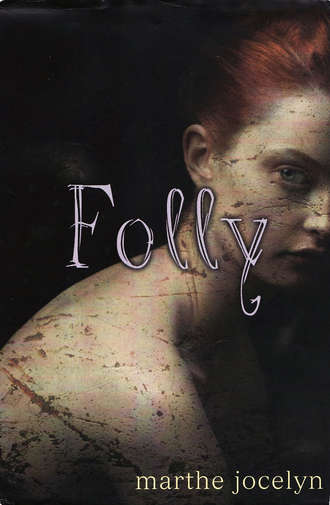I’ve got a topic I’m interested in starting a discussion on. It’s something I’ve been wrestling with in my mind for a while, and one which was stirred up by articles such as this one. This is sort of two-pronged, so go with me here.
When the Morris Awards list was unveiled a couple weeks ago, I saw more than one post discussing how this was one of the most balanced lists put out by an awards committee in a long time. We’re talking balanced in the sense of genre and topic, rather than by author’s gender right now. I don’t disagree with this assessment at all; in fact, I think it’s a pretty spectacularly balanced list, except for the lack of a real romance-y title. We have a historical fiction, two contemporary titles (which are themselves worlds different from one another), a paranormal, and a fantasy.
But then discussions popped up like the one I liked to above regarding gender balance and it got me thinking.
As a reader, I don’t think too much about the gender of the book’s author. For me, it’s not really that important. It’s something I think about a bit when it comes to the main character and how well done I think he or she may be — one of my sticking points in many books is authenticity of male voice — and so when one is particularly well done by a female, I take note. I want to read more of their titles to see this strong voice since I do think it’s hard to nail down. Rarely, though, do I consider the author when I’m reading their work. Their backgrounds, experiences, heritage, and gender play little into my reading experience. I don’t think it’s fair. It puts that author in a place where they’re representative of something bigger than themselves, their experiences, and their creative abilities.
When awards lists come around, it fascinates me to no end how discussions of the author’s background and experience can even come into the equation. How something not related to the text can possibly be relevant to the work as written. I think discussion of character voice and gender is entirely relevant — and something we’ve talked about in Cybils discussion — but the authors themselves? It has no place in discussion of the book itself.
This brings me back to my point earlier about the Morris’s extremely balanced list.
I think it’s also unfair to become obsessive about balance. It’s a bonus, though I think it becomes a bit of a clutch in many situations. I don’t think we always need to be balanced in the world, nor do we always need to be balanced when it comes to something like awards. I don’t think we need to have this balanced pointed out, either. I almost find it a bit pandering.
Some books are just stronger than others, and some genres produce stronger books in any given year than others. To exclude books from consideration for an award because another book is in that genre or because it’d make the list unbalanced just feels wrong to me. I don’t think there is obligation for fairness in art or literature.
I’m not writing this to bash the hard work of any awards committee in the least, but instead to raise a discussion about balance and fairness. Thinking back to this year’s National Book Award titles, too, you see sort of what I’m talking about: all of the contenders this year were heavily issue-driven and often dark. There were outcries for how unfair that list was because it leaned so much one way. You can’t make people happy one way or another, and something will *always* get excluded.
What I want to know and hear from you about is this: can we ever be truly fair and balanced? Should we ever? What should be part of consideration for awards lists and what shouldn’t? Where do we draw the line on awarding books for being superb books and creating a list of balanced and representative works for consideration?








































